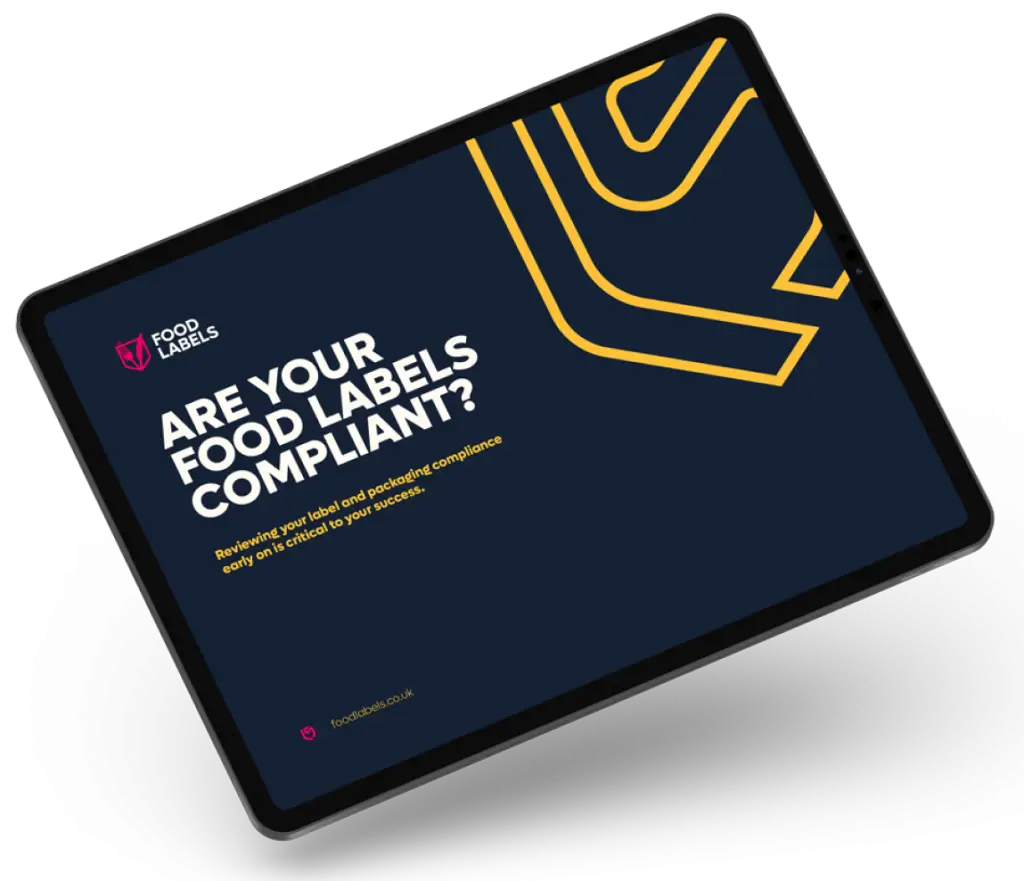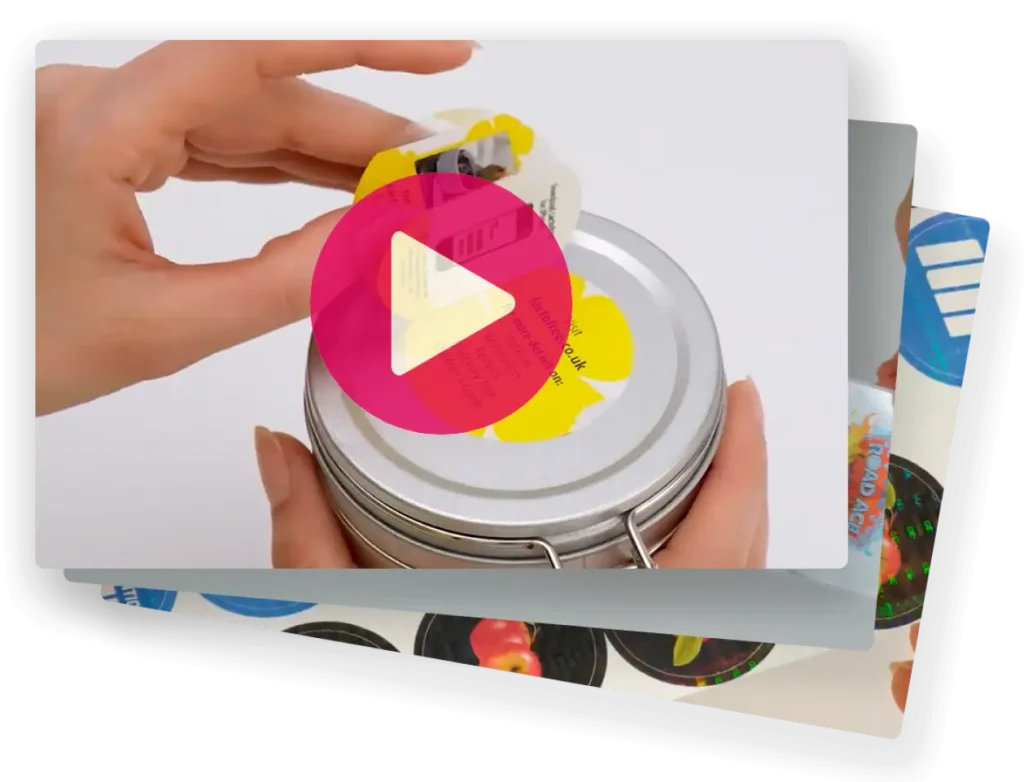There have been many benefits to the world of farming through the generation of foods produced through genetic modification. The process of genetically engineering a food item involves the production of organisms that contain a specific change being introduced into its DNA through methods of genetic engineering.
The idea of eating genetically modified food (GMO) for many has been very controversial. There has been scientific research done into GMO food that proves it doesn’t actually pose any greater risk to human health than consuming standard food. However, many consumers and Governments argue over its safety issues along with its environmental and economic concerns.
Despite the controversy, GMO foods have been accepted in different parts of the world. The United States of America is one of these countries, their Government has declared that with no significant differences found, their Congress voted down the proposed plans to introduce labels for genetically modified foods. The US regulates their food using the Department of Agriculture, Food and Drug Administration and their Environmental Protection Agency.
Although the American Government is yet to have an issue with GMO produce, other countries still have their concerns. In Europe, GMO growers, manufacturers and producers are overseen by the European Food Safety Agency which evaluates a product to determine its consumer safety. Certain places require all food to meet basic quality and safety standards, a test for this can be undertaken to determine if there is, or has been, any genetically modified substance in contact with the product.
Polymerase Chain Reaction testing PCR, is based on DNA technology. It is able to detect both the presence and/or quantity of a specific GMO. The tests can be done on food items such as seeds and ingredients for food.
Within Europe, all GMO foods must be labelled appropriately. This extends to foods that have been derived from GMO even if the modified substance has since been removed, as its DNA or protein can still be present. In addition to Europe, a further 64 countries also require GMO labelling on their products.
In the US, 25 member states are in the process of producing legislation regarding the matter, despite their Federal Government seeing no reason for concern. However, their Food Safety Inspection Service has recently agreed to a new label to advertise a product as Non-GMO if the manufacturer can prove that all feed was free of GMO substance such as corn or soy.














